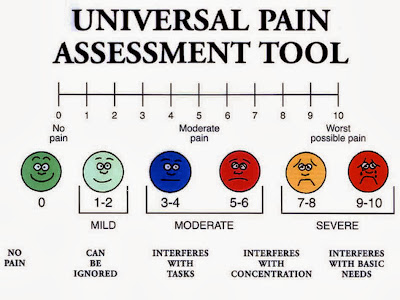In this fantasy competition, I would wager that historically Massachusetts would have come out on top, donning the winner's sash and tiara, more than any other state since the colonies came into being some 400 years ago.
To see how I came to such a conclusion, let me share a quick list of national social milestones that took place in the beloved Bay State (click on the year to view sources):
1630 - First self-governing colony, with the General Court housed in the colony instead of in London, U.K. This landmark feature set the stage for Massachusetts to catalyze many of the significant movements of that time period (think the original Tea Party!), eventually leading up to the colonies' independence from Britain in 1776. Not only of national significance, the Massachusetts General Court happens to be the oldest continually operating governing body in the world!
1798 - First public hospital was erected in Boston following passage of the Act for the Relief of Sick and Disabled Seamen (our nation's first law to mandate the purchasing of health insurance).
1799 - First public health department is created in Boston and Paul Revere is named its first leader. To find the noteworthy department in its present form, look no further than the Boston Public Health Commission.
1820 - Boston's English High School is founded as the country's first public high school.
1848 - Boston Public Library is established, the first to be publicly funded and open to the public, even allowing patrons to borrow books for free.
2004 - First state to legalize gay marriage.
2013 - First state to attain universal healthcare (> 98% coverage).
In addressing the crowd that gathered for the 71st Citizens' Legislative Seminar at the Massachusetts State House a few weeks ago, Senate Majority Leader Stanley Rosenberg spoke of the state's history as a "bellwether" for innovative policy, a history that is apparently congruent with the present as Massachusetts continues to construct original frameworks for social policies that eventually spread nationwide, not the least of which being the Affordable Care Act (ACA or "Obamacare") of 2010. Now that's what I call a model state!
Inching our way toward the onset of the ACA at the start of 2014, let's take a look back at the Massachusetts' legislative decisions on health care of the past decade to see exactly how the state shaped the national debate that lead to the corresponding landmark law.
Interestingly enough, it all began with then Governor Mitt Romney signing into law Chapter 58 of the Acts of 2006, at the time known as "Romneycare" (and without a bit of irony).
 |
| Boston's Faneuil Hall plays host as legislators gather around to witness Governor Romney ink his approval, effectively chiseling this groundbreaking piece of legislation into law. NPR captures the photo op! |
Since policy by nature is comprehensive in its form, providing no shortage of words; what follows is an attempt to ease your exhausted eyes with my version of what I'll call legislative "sparknotes", as I highlight the key provisions in Massachusetts' healthcare policy of recent history, starting from the ancestral legislation of 2006 that set the state in motion toward its universal healthcare model and leading up to today. Those well-versed in the proceedings of the ACA (and you all should be considering you've now memorized the entirety of "Walk with Me..."!) should begin to notice the resemblances without breaking a brow sweat.



